Position title
Tenure-Stream Open Rank Professor in Indigenous Land-based Physical Culture and Wellness.
Volunteer or Employment?
Position within the School of Kinesiology
Employer name
School of Kinesiology
Employer email address
kin.hr@ubc.ca
Organization
UBC School of Kinesiology
Job description
The School of Kinesiology in the Faculty of Education at The University of British Columbia (UBC) invite applications for a full-time tenure-stream Assistant Professor, Associate Professor, or Professor position (Open Rank) in the area of Indigenous Land-based Physical Culture and Wellbeing. While the position is housed in the School of Kinesiology, the successful candidate is expected to collaborate with the Department of Curriculum and Pedagogy and the Faculty’s Indigenous Teacher Education Program (NITEP). The appointment is expected to begin on July 1, 2022 or as negotiated with the successful candidate.
The successful candidate must hold a doctoral degree (PhD or EdD), and demonstrate excellence or the potential for excellence in teaching, research and scholarship that will contribute to the School’s priorities of Indigenous engagement and Indigenous health and well-being. The successful candidate is expected to engage in teaching and research that is related to Indigenous land-based physical cultural wellbeing, with a focus on Indigenous advancement and community-based leadership in sport, physical activity, health and wellness in local and global contexts
How to apply
Interested applicants are invited to send:
(i) a cover letter (please indicate if you are legally entitled to work in Canada),
(ii) curriculum vitae,
(iii) a five-year research plan,
(iv) a summary of teaching interests and philosophy,
(v) evidence of teaching excellence (such as course outlines and student evaluations if available),
(vi) three papers that are the most significant and relevant to their research interests, and
(vii) a Diversity Statement that describes and documents how values of equity, diversity, inclusion, anti-racism, and anti-oppression figure into your past, present, and future experience of teaching, research/educational leadership, community engagement, and your lived experience (maximum 1 page), and
(viii) names and contact details of three academic references. Letters of reference will only be requested from short-listed candidates.
The complete application file must be submitted in the format of one bookmarked PDF file, addressed to Dr. Robert Boushel, Director, School of Kinesiology, and sent electronically to kin.hr@ubc.ca. Please indicate in subject heading: Indigenous Land-based Physical Culture and Wellness Position. Following the submission of the application, the applicant will receive an Equity Survey link via email. Completion of the Equity Survey is required as part of the application process.
For full details and application process, Click Here
Posting expiration date
01/31/2022
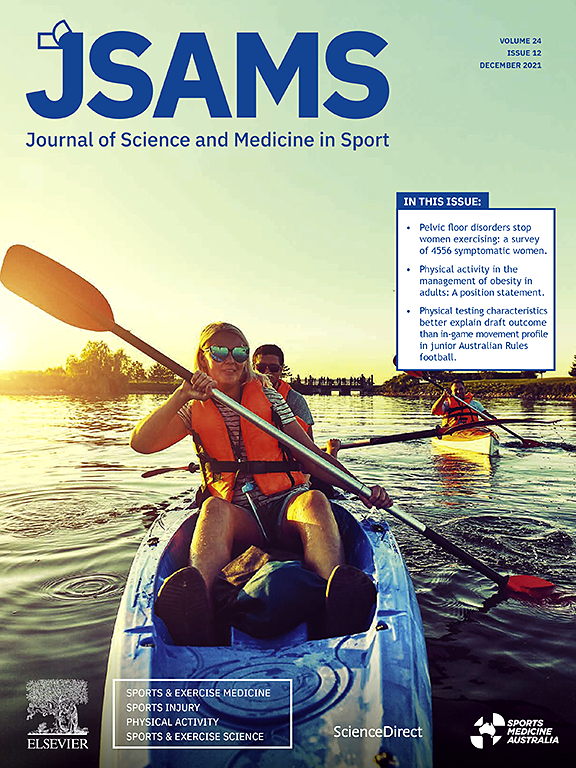 New study published by Science Direct, with Guy Faulkner collaboration as part of the research team: “Longitudinal trends and predictors of muscle-strengthening activity guideline adherence among Canadian youths”
New study published by Science Direct, with Guy Faulkner collaboration as part of the research team: “Longitudinal trends and predictors of muscle-strengthening activity guideline adherence among Canadian youths”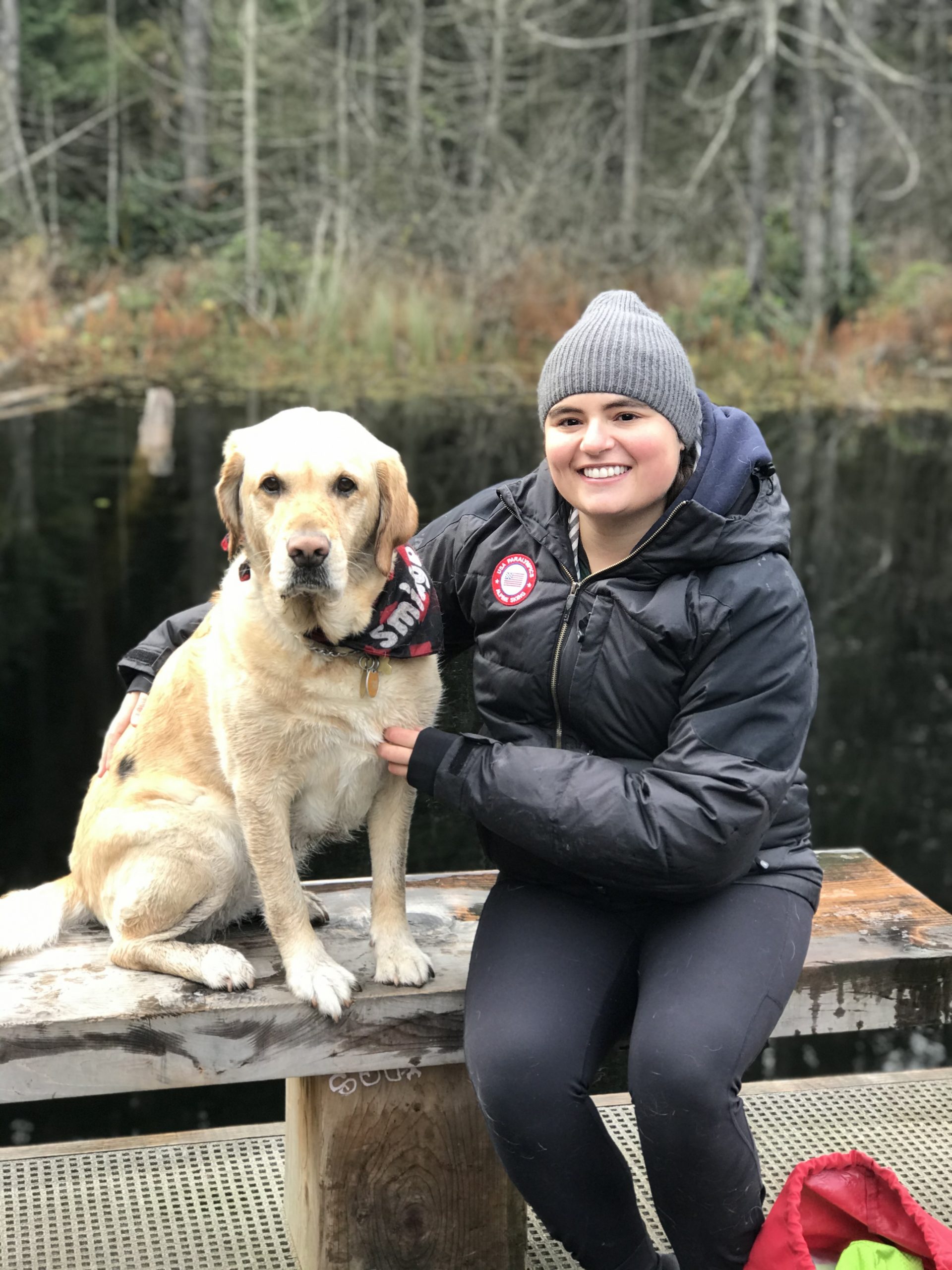 This Fall, Staci Mannella graduates with her MSc in Kinesiology. Her master’s thesis is a socio-psychological study on high-performance, visually impaired athletes and their relationships with their sighted guides. Under the supervision of assistant professor Dr. Andrea Bundon, Staci “explores the intersections of disability sport cultures, experiences of impairments, and athlete mental health.”
This Fall, Staci Mannella graduates with her MSc in Kinesiology. Her master’s thesis is a socio-psychological study on high-performance, visually impaired athletes and their relationships with their sighted guides. Under the supervision of assistant professor Dr. Andrea Bundon, Staci “explores the intersections of disability sport cultures, experiences of impairments, and athlete mental health.”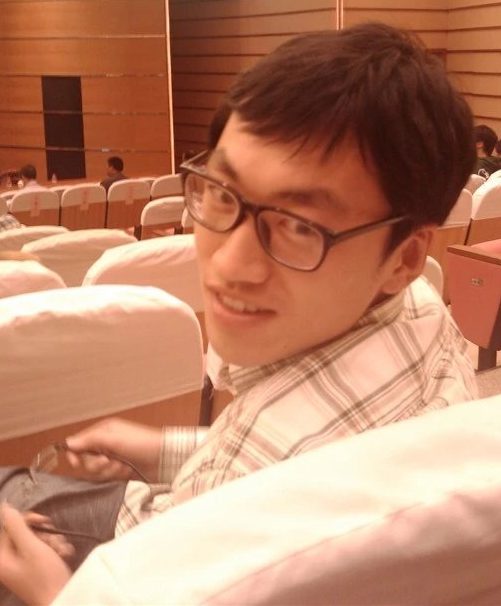 Joining the Class of 2021 this fall, is Ph.D. Kin student Yanfei Guan!
Joining the Class of 2021 this fall, is Ph.D. Kin student Yanfei Guan!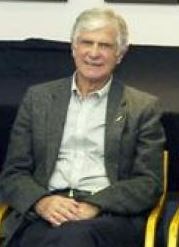 It is with sadness that we announce the passing of David Gray Russell (International Fellow of the National Academy of Kinesiology, 1993), an accomplished Professor and Emeritus Professor, School of Physical Education, University of Otago, New Zealand (NZ).
It is with sadness that we announce the passing of David Gray Russell (International Fellow of the National Academy of Kinesiology, 1993), an accomplished Professor and Emeritus Professor, School of Physical Education, University of Otago, New Zealand (NZ).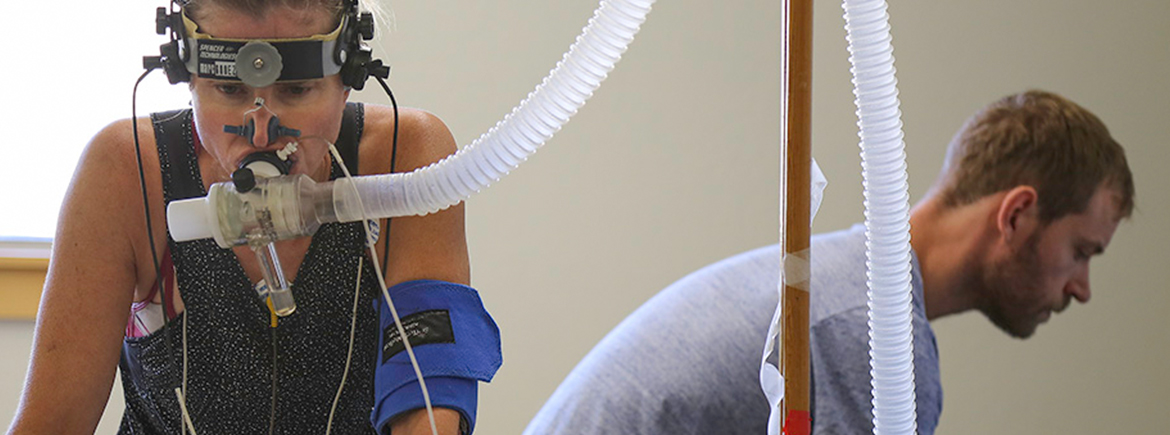
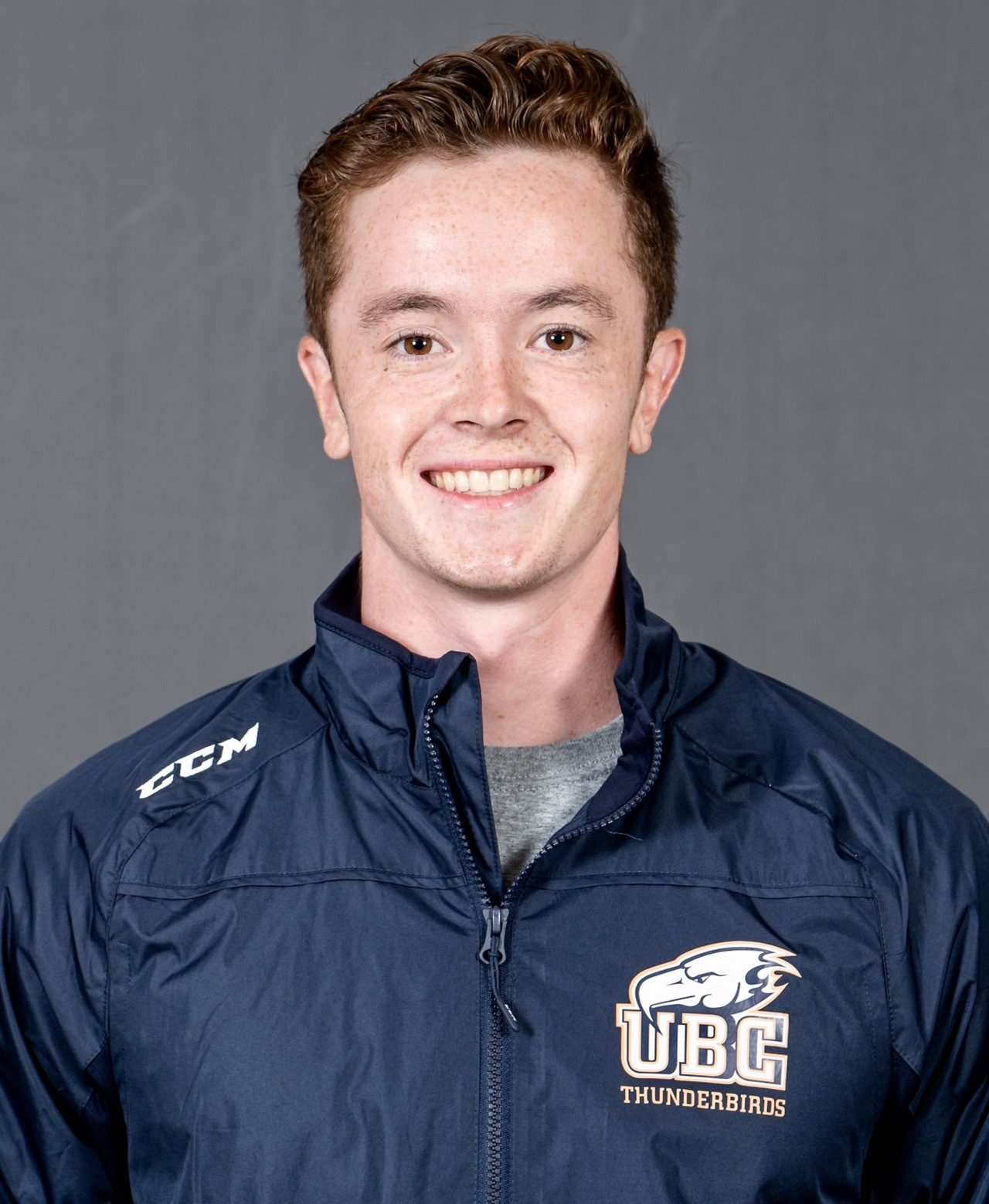 Matthew Fliss is a graduate student, working on his Master of Science (MSc) in Kinesiology. He was recently awarded the esteemed Canadian Society for Exercise Physiology (CSEP) 2021 Graduate Student Award for MSc Poster Presentation. The award acknowledges the outstanding graduate research that is presented at CSEP’s Graduate Student Poster Award Session. Winning the award was momentous for Matthew, as it is the first academic award he has received, and it proved to him how important his research is within the scientific community. “I had decently long conversations with two of the three judges,” remarks Matthew, “and one of them happened to be researching a similar topic to mine, so we talked about collaborating in the future.”
Matthew Fliss is a graduate student, working on his Master of Science (MSc) in Kinesiology. He was recently awarded the esteemed Canadian Society for Exercise Physiology (CSEP) 2021 Graduate Student Award for MSc Poster Presentation. The award acknowledges the outstanding graduate research that is presented at CSEP’s Graduate Student Poster Award Session. Winning the award was momentous for Matthew, as it is the first academic award he has received, and it proved to him how important his research is within the scientific community. “I had decently long conversations with two of the three judges,” remarks Matthew, “and one of them happened to be researching a similar topic to mine, so we talked about collaborating in the future.”
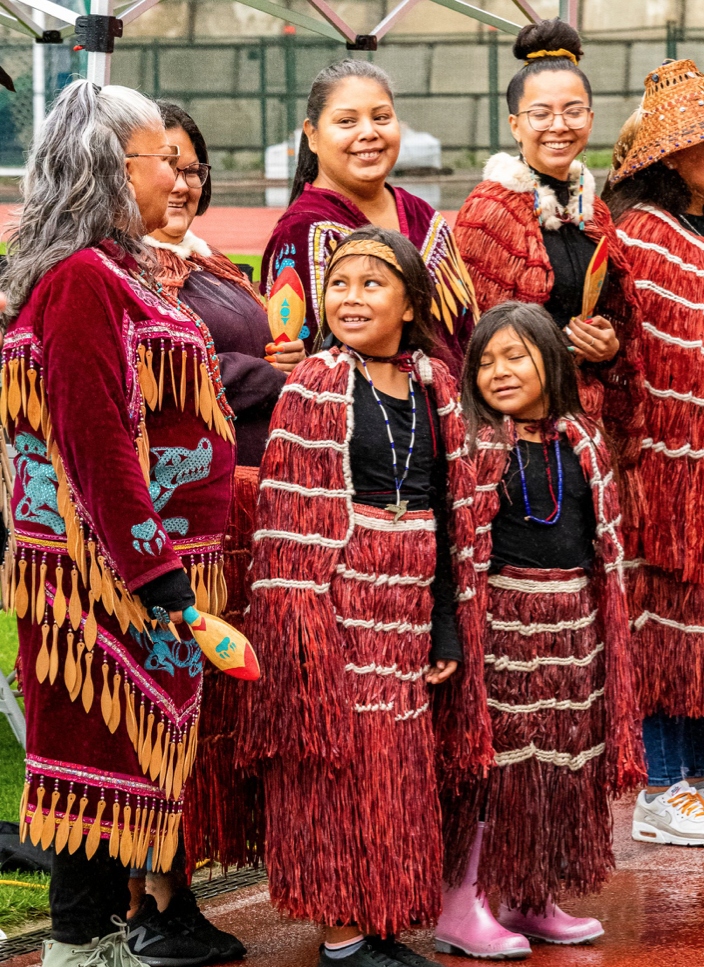
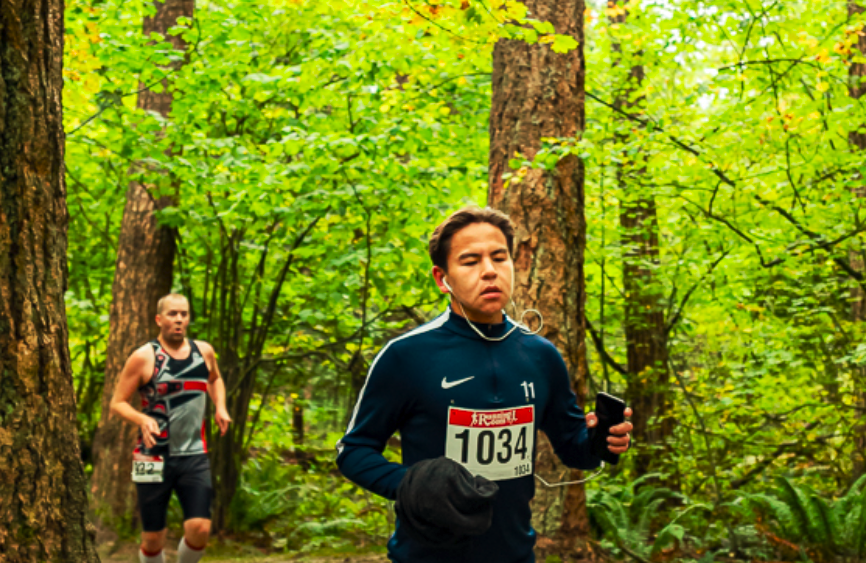
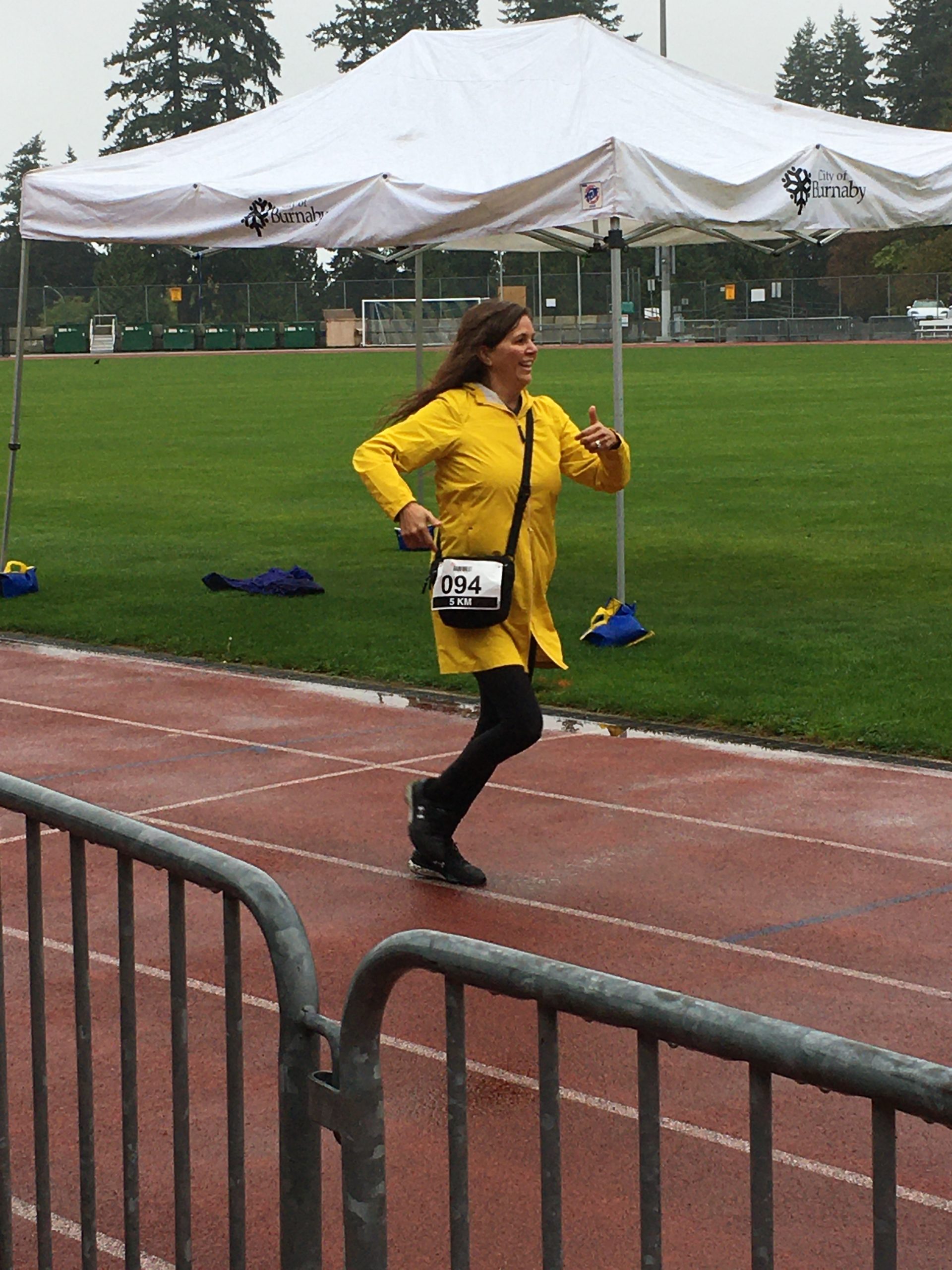
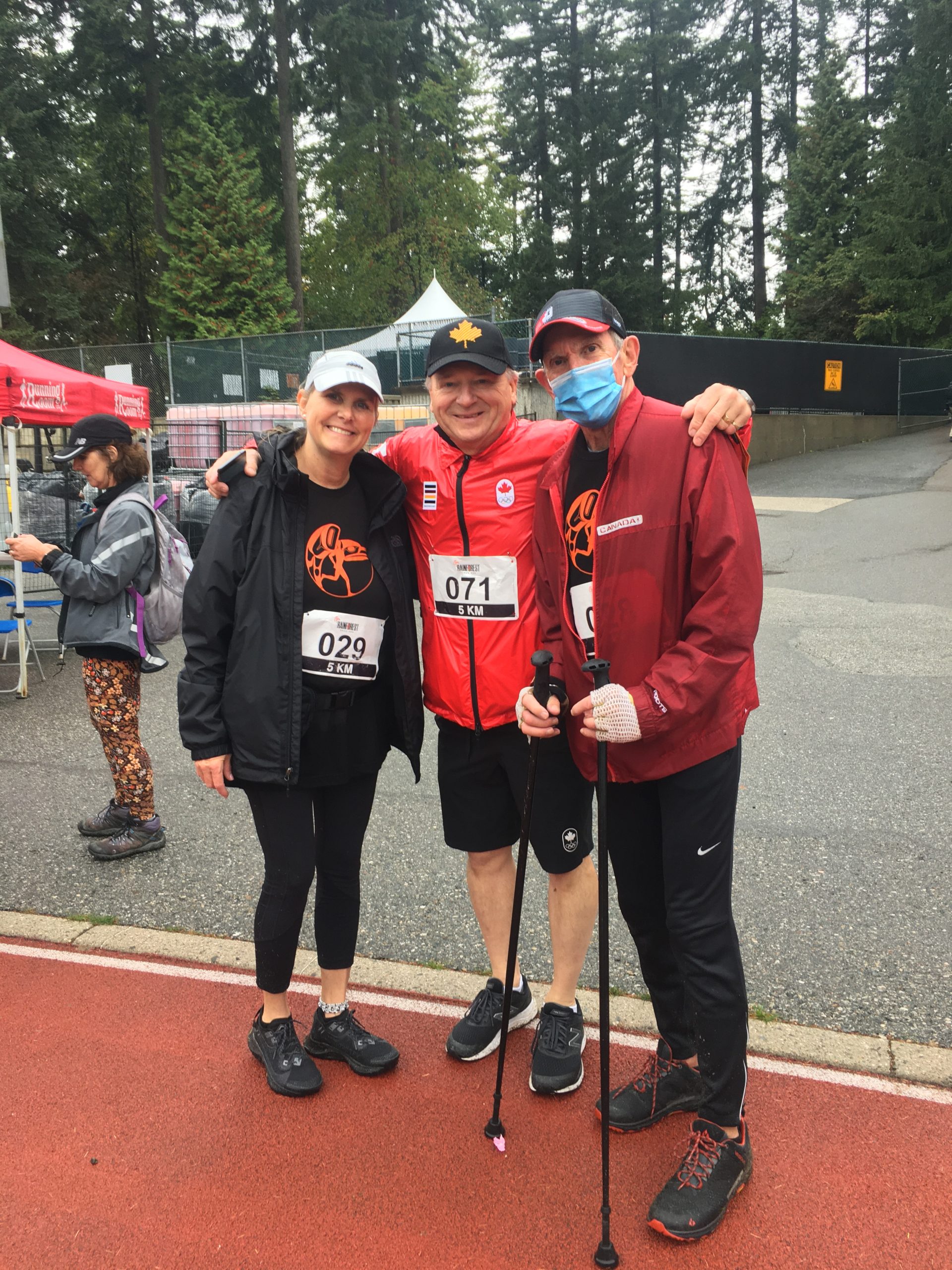
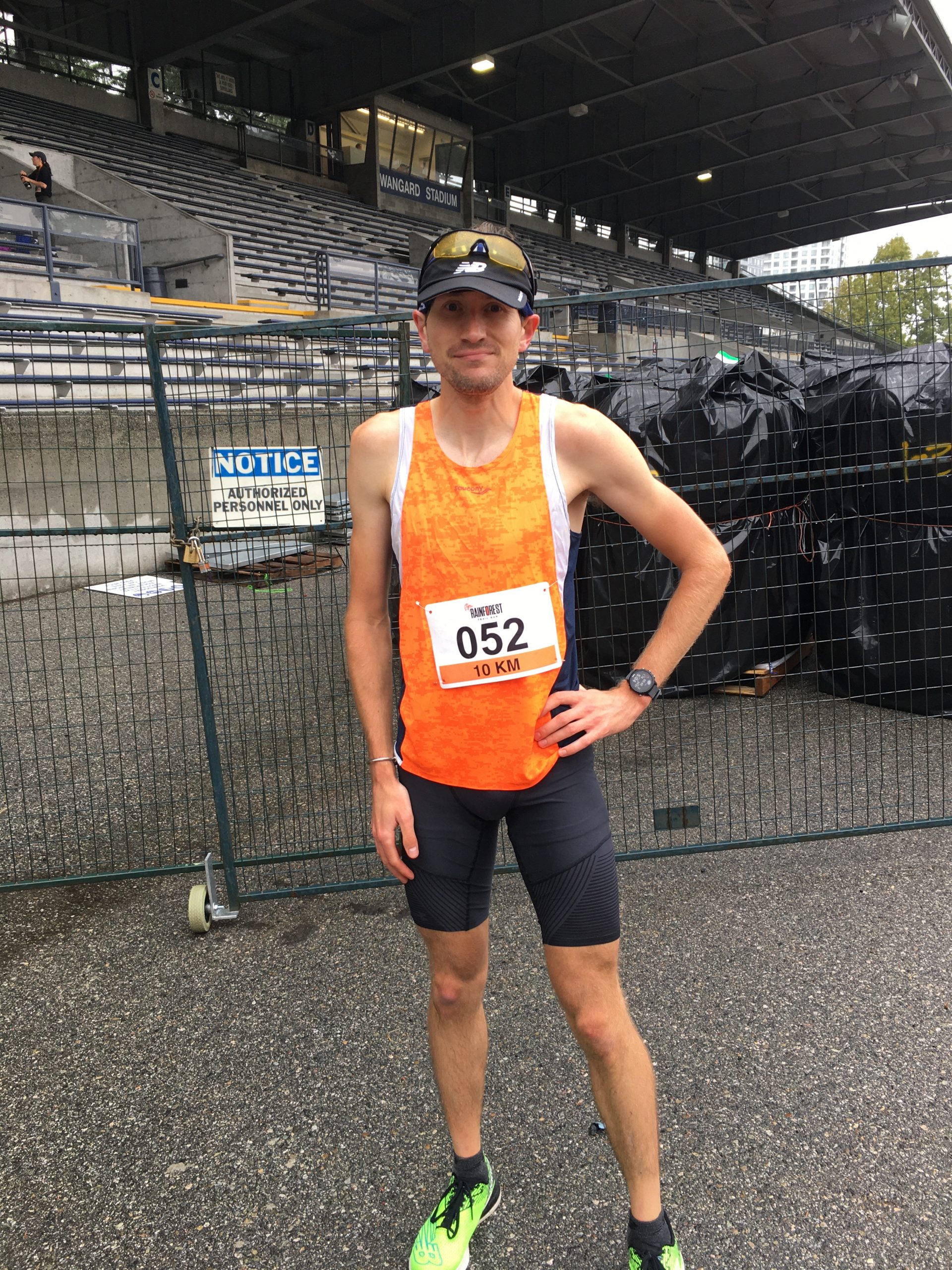
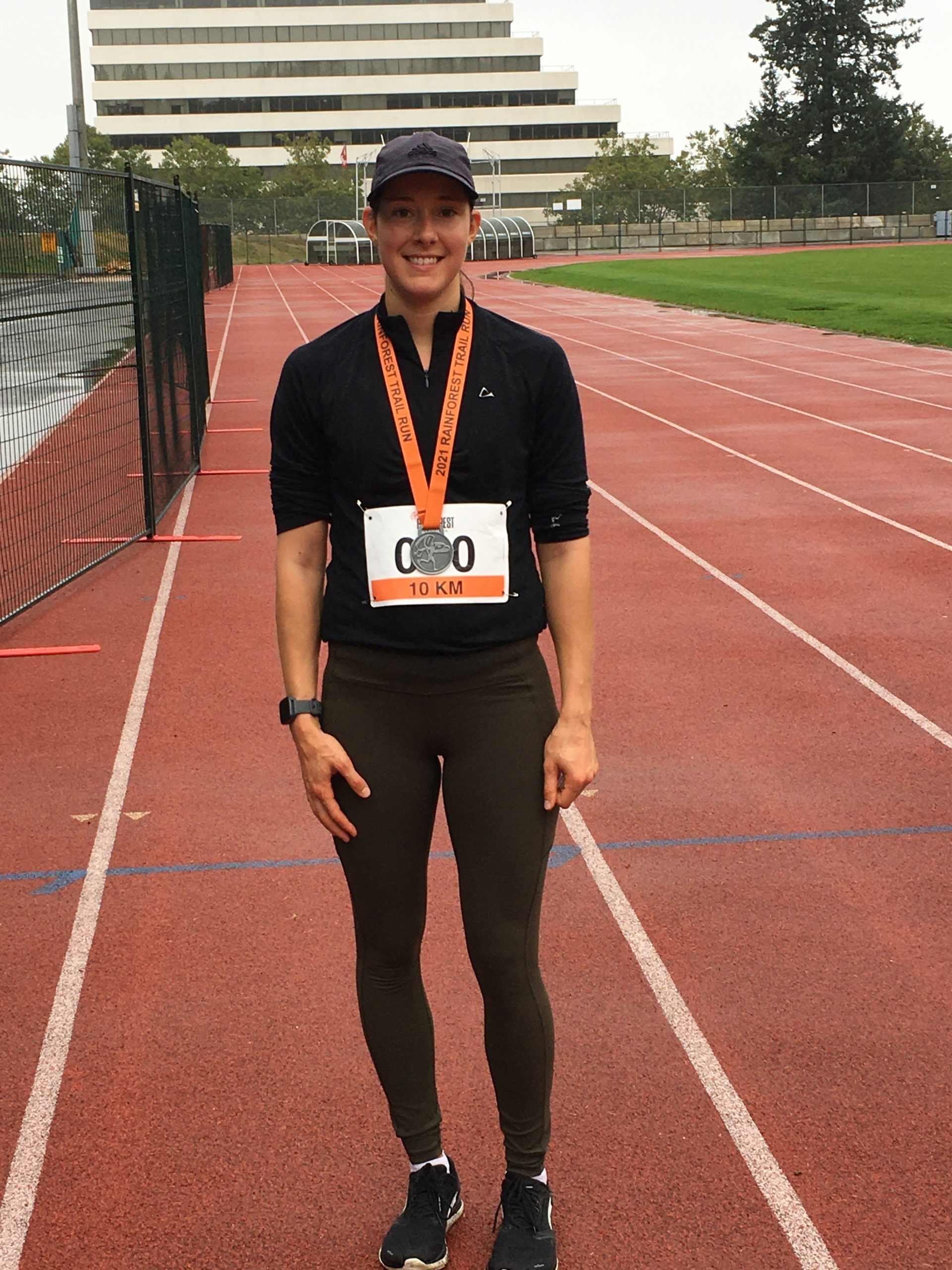
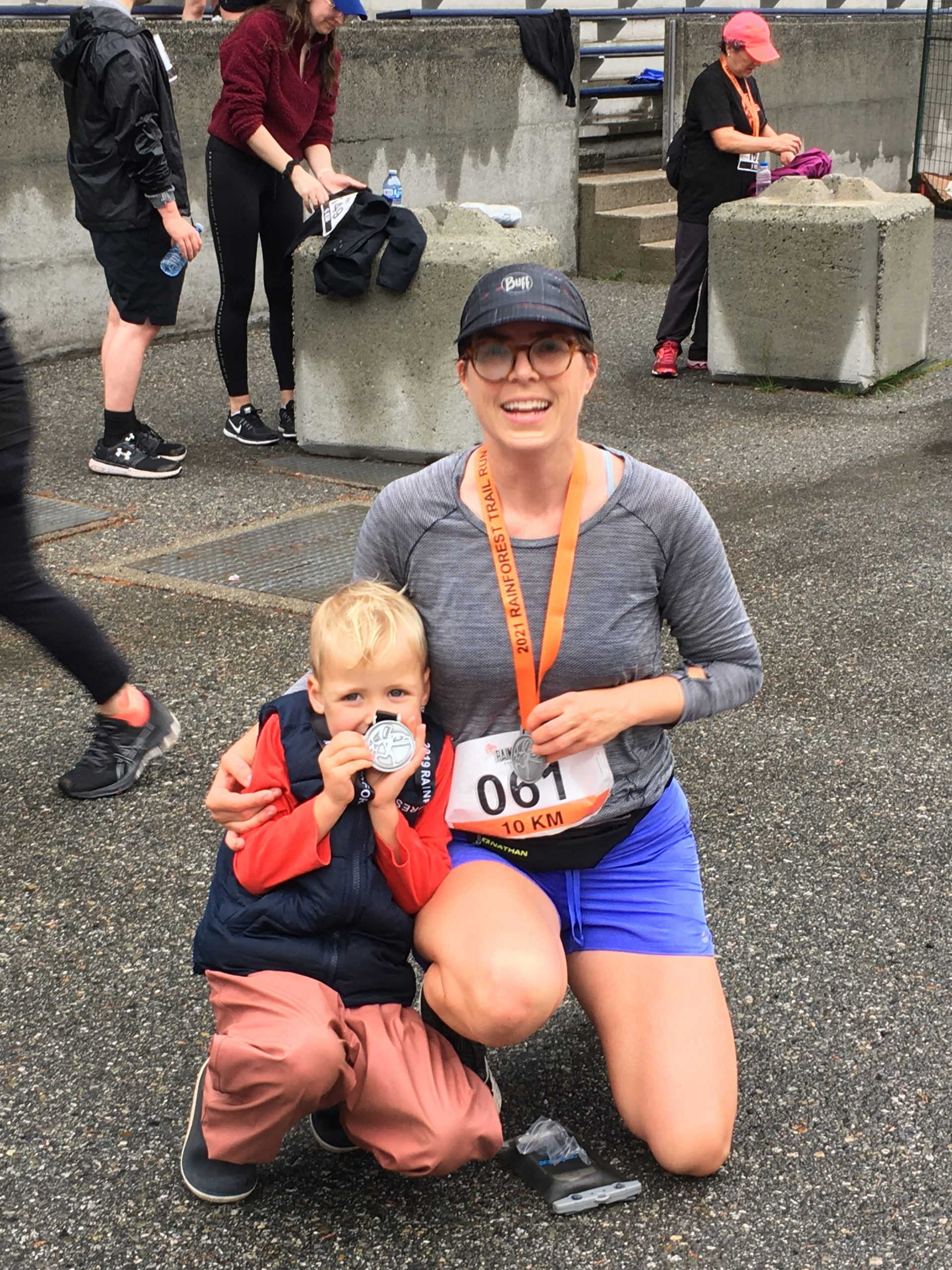
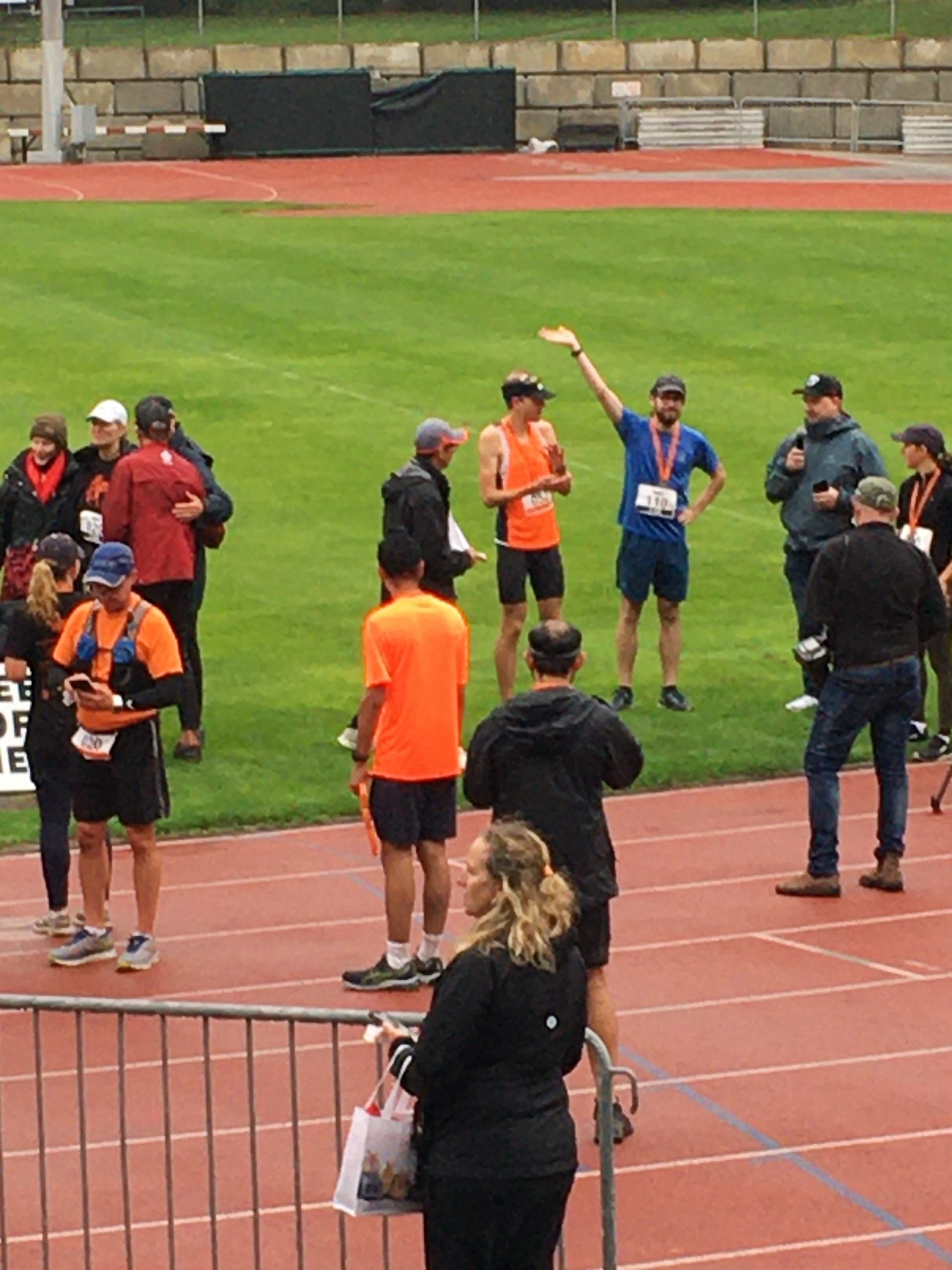
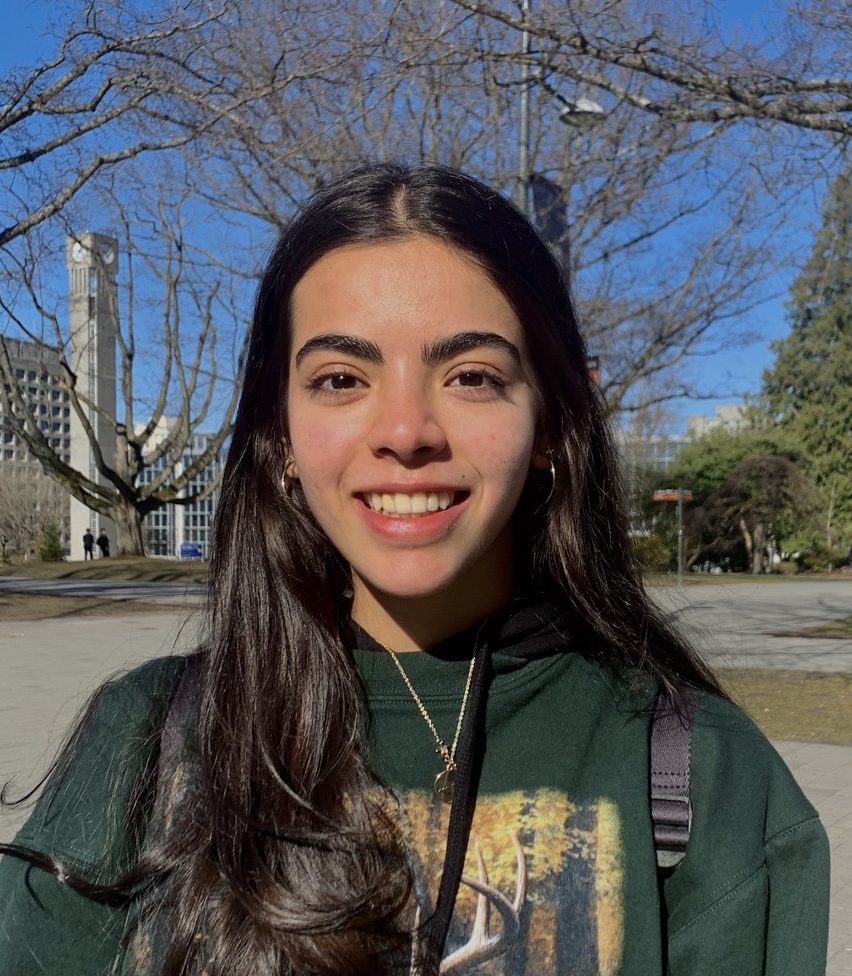 Ritika Saraswat is a 4th-year BKin student in the interdisciplinary stream. The School of Kinesiology is happy to announce that Ritika is one of 2 students in the province to have been awarded the Canadian Management Consulting (CMC)-BC Student Award. Sponsored by KPMG Canada, the award recognizes a BC undergraduate student leader who has demonstrated a passion for, and excellence in the area of, management consulting and leadership. It is unusual for a Kinesiology student to win such a prize. But Ritika believes that it was her academic background in kinesiology as well as the extensive consulting work which made her stand out as a candidate to the award committee.
Ritika Saraswat is a 4th-year BKin student in the interdisciplinary stream. The School of Kinesiology is happy to announce that Ritika is one of 2 students in the province to have been awarded the Canadian Management Consulting (CMC)-BC Student Award. Sponsored by KPMG Canada, the award recognizes a BC undergraduate student leader who has demonstrated a passion for, and excellence in the area of, management consulting and leadership. It is unusual for a Kinesiology student to win such a prize. But Ritika believes that it was her academic background in kinesiology as well as the extensive consulting work which made her stand out as a candidate to the award committee.